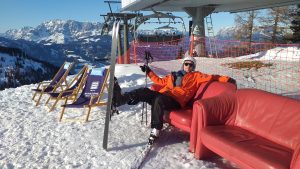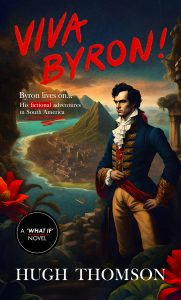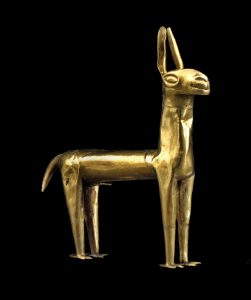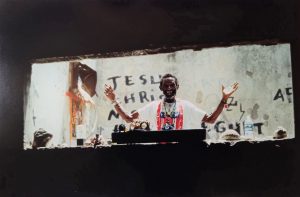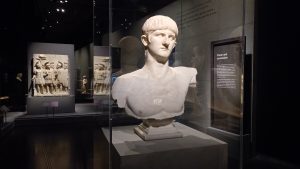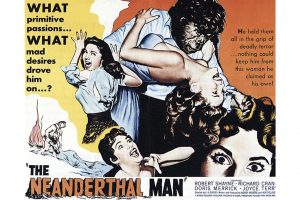Awards Season – Best Films
So people have been stopping me in the street to ask why I haven’t been doing my usual annual BAFTA updates on what are the best films to watch in the winter months.
And the reason is simple – there haven’t been a lot of them ! And as one of the many voters, I’ve had to trudge through a fair few.
The big number blockbusters like Sinners, One Battle After Another, let alone ‘Wuthering Heights’ – with those coy quotation marks to show that it’s just a ‘version’ of the original – have been full of sound and fury signifying nothing. And don’t get me started on Avatar.
There have been a few quieter films that have slipped through. Pleased to see Sentimental Value has done so well and is in the running for best film at the BAFTAs and up for lots of other awards. It’s not perfect – there are some scenes that are unintentionally funny for being a little too Nordic and Scandinavian serious – but it’s at least a grown up film about real people.
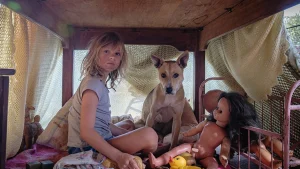
As often happens, the best film of the year isn’t up for any awards at all. Don’t Let’s Go To The Dogs Tonight, based on the brilliant memoir by Alexandra Fuller, is a pitch perfect film with a performance by its 7 year old star, Lexi Venter – on screen in almost every shot -that should have had her up for a best actress award if there wasn’t such a bias against child actors. As Wendy Ide of the Guardian, one of our best film critics, commentated, it’s bizarre how this got no awards notice, but maybe they just didn’t have the publicity machine you need these days –which let’s remember was invented by Harvey Weinstein when he wanted to promote his Miramax films for box office enhancing awards. And also it doesn’t tick any of the right diversity boxes in that it’s about white trailer trash in what was then Rhodesia, although it actually says more about ingrained racism then many a more right-on film.
.
Embeth Davidtz wrote, directed and stars as the girl’s mother, and is clearly a talent to watch.
‘But is there a good popcorn film this year?’ you ask.
I really enjoyed Frankenstein or at least the first half which is just about the mad inventor – another terrific performance by Oscar Isaac which has gone under acknowledged in the awards – and actually gets less interesting once the monster appears. Certainly it should clean up for cinematography and production design which are extraordinary – no surprise from the director of Pan’s Labyrinth.
And Steve has the most integrity of just about any movie out at the moment with a terrific performance by Cillian Murphy and ensemble acting by the troubled borstal boys.
Be great if such lower budget films as Steve and Sentimental Value do well as it might persuade Hollywood you don’t have to be bombastic to succeed. Roll on the awards this weekend. And happy viewing ….
Awards Season – Best Films Read More »

